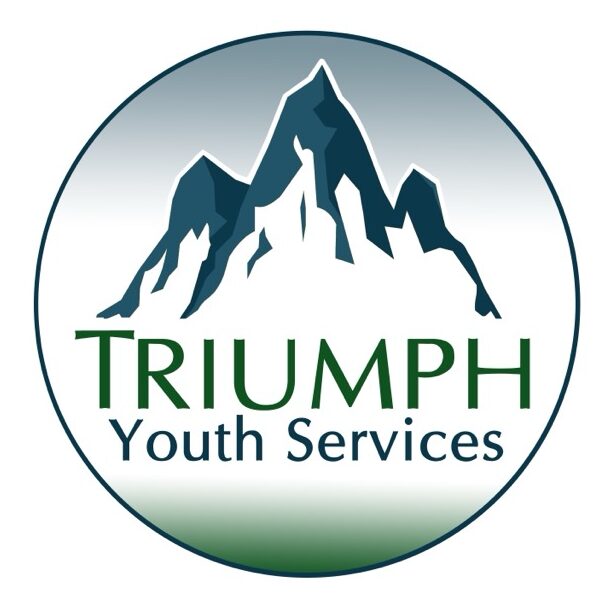Energy drinks are regularly consumed by 31% of 12- to 17-year-olds and 34% of 18- to 24-year-olds. There is an increasing trend among young people to mix alcohol with an energy drink. Energy drinks can be dangerous for teens by themselves because they not only contain caffeine but other ingredients for which the long term effects are unknown. Side effects of excessive use of energy drinks include:
- Increased blood pressure
- Anxiety
- Increased irritability
- Rapid heart rate
- Agitation
- Nausea and vomiting
- Shortness of breath
- Kidney failure
- Insomnia
- Headaches
- Heart attacks
- Dehydration
- Obesity
- Seizures
- Stokes
- Sudden death
Energy drinks contain stimulants (caffeine, ginseng, guarana). Alcohol is a depressant. The body has a difficult time when they are consumed together. The Detroit News reported on February 18, 2013, “The government report said that in 2011, a tidy 42 percent of the energy drink cases in emergency rooms also involved alcohol or drugs, frequently prescription stimulants. The same year, sales of energy drinks were up 17 percent.” Adding alcohol to energy drinks causes additional side effects such as: Increased risky behavior Increased alcohol consumption Increased visits to the emergency room 3 times more likely to binge drink 2 times more likely to be involved in risky sexual behavior Drunk driving The stimulants in the energy drink hide the feeling of being drunk; therefore, people tend to drink more. Please be aware that there are energy drinks premixed with alcohol that are available and marketed to young people. There are more than 25 brands of energy drinks premixed with on the market. There are a few states that have banned these drinks; however, they are still widely available across the country in liquor and convenience stores. The alcohol content is often higher than beer. If you see your teen regularly consuming energy drinks, take time to talk with him/her about the dangers and offer healthy alternatives. If you see many of the side effects listed in your teen, talk with him/her. Find out how many energy drinks he/she is consuming every day. Look at the container…if it contains alcohol, it must be on the label. The energy drinks premixed with alcohol are cleverly labeled and at just glancing at the container you may not notice that it contains alcohol. If you have questions, please contact Triumph Youth Services. They have been working with troubled teenage boys and young men for years. Give them a call. Reference: http://en.wikipedia.org/wiki/Energy_drink http://www.nlm.nih.gov/medlineplus/news/fullstory_133644.html http://www.detroitnews.com/article/20130218/OPINION03/302180329 http://www.cdc.gov/alcohol/fact-sheets/cab.htm http://www.liq.wa.gov/education/alcohol-energy-drinks
